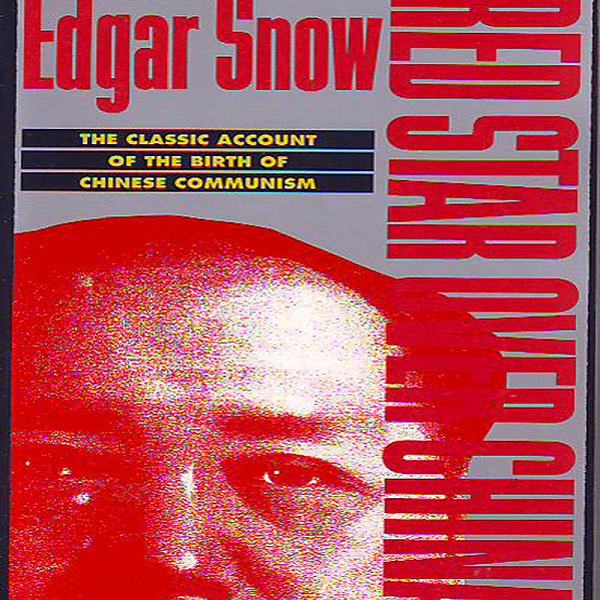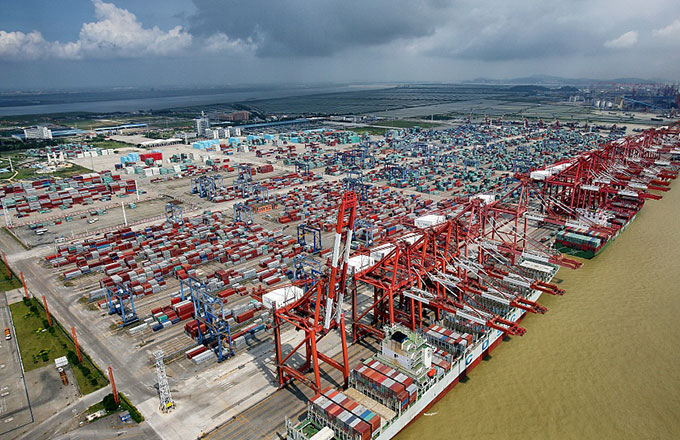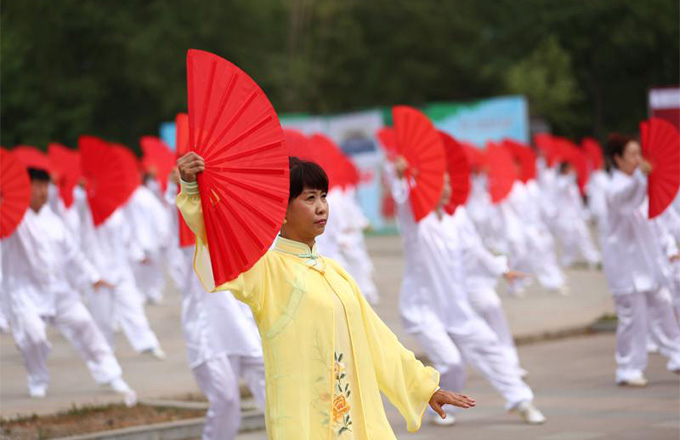Red Star Over China

Red Star Over China, a book by Edgar Snow, is an account of the Communist Party of China written when they were a guerrilla army still obscure to Westerners. Along with Pearl Buck's The Good Earth, it was the most influential book on Western understanding and sympathy for China in the 1930s.
In Red Star Over China, Edgar Snow recounts the months that he spent with the Chinese Red Army in the summer and fall of 1936. Snow uses his extensive interviews with Mao and the other top leaders to present vivid descriptions of the Long March, as well as biographical accounts of leaders on both sides of the conflicts, including Zhou Enlai, Peng Dehuai, Lin Biao, He Long, and Mao Zedong's own account of his life.
When Snow wrote, there were no reliable reports reaching the West of what was going on in the communist-controlled areas. Snow's status as an international journalist not previously identified with the communist movement gave his reports the stamp of authenticity. The glowing pictures of life in the communist areas contrasted with the gloom and corruption of the Kuomintang government. Many Chinese learned about Mao and the communist movement from the almost immediate translations of Mao's autobiography, and readers in North America and Europe, were heartened to learn of a movement as being anti-fascist and progressive. Snow also reported clearly Mao's new United Front policy.
Snow's Preface to the revised edition of 1968 describes the book's original context:
The Western powers, in self-interest, were hoping for a miracle in China. They dreamed of a new birth of nationalism that would keep Japan so bogged down that she would never be able to turn upon the Western colonies - her true objective. Red Star Over China tended to show that the Chinese Communists could indeed provide that nationalist leadership needed for effective anti-Japanese resistance. How dramatically the United States policy-making attitudes have altered since then ... It provided not only for non-Chinese readers, but also for the entire Chinese people - including all but the Communist leaders themselves - the first authentic account of the Chinese Communist Party and the first connected story of their long struggle to carry through the most thoroughgoing social revolution in China's three millenniums of history. Many editions were published in China ...



















